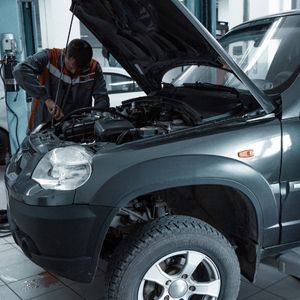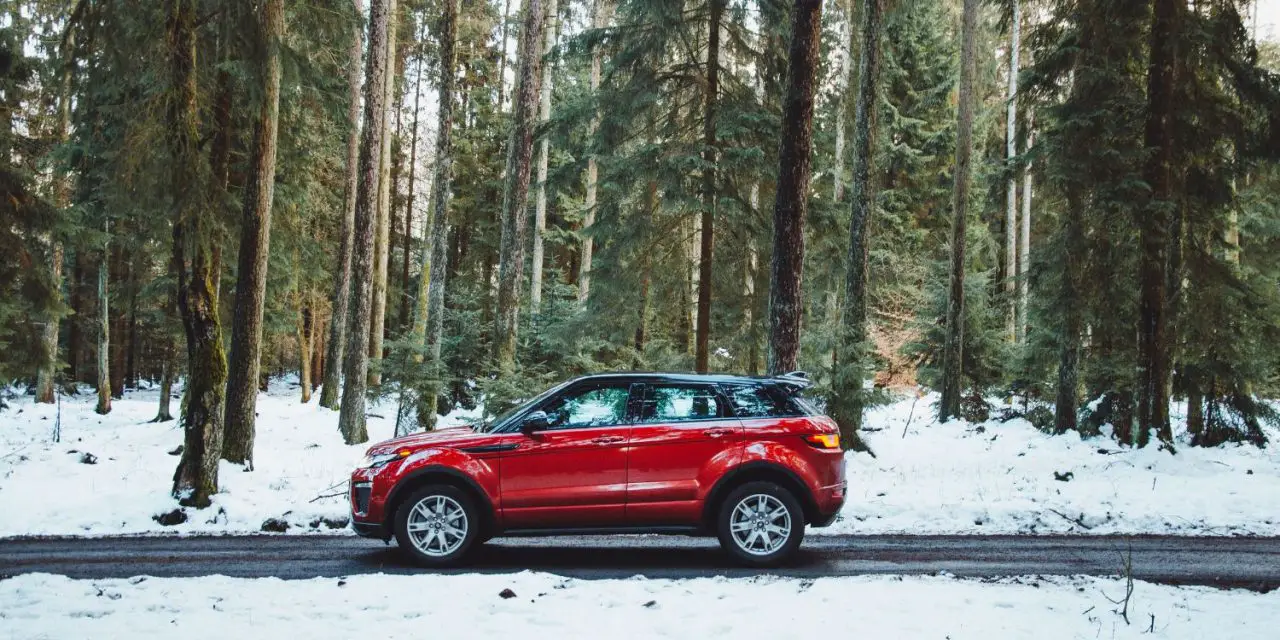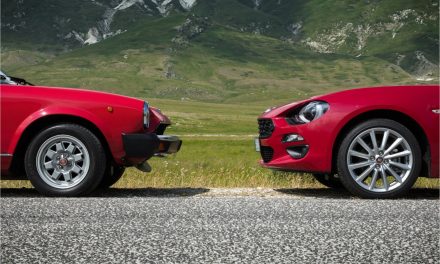I get commissions for purchases made through links in this post.
The winter months are upon us (at the time of this writing) and everyone is in need of getting their homes, businesses and even their vehicles ready for the snow that is, and will be flying. In this article, we are going to go over everything you should be doing to prepare your car for the winter months to make sure you stay not only comfortable, but safe as well.
Keeping your car ready for winter will include things like keeping a shovel in your car to remove snow from around the tires, checking your tires to make sure they are inflated correctly, adding windshield washer de-icer and more to your car. These things are more are so important to keep in mind for these winter months.
- 1. Keep a shovel to move snow away from your car
- 2. Check your tires for tread wear, and correct inflation
- 3. Replace your wiper blades, and Fill up your windshield wiper fluid with winter ready formula
- 4. Keep an emergency kit in your car
- 4. Plan out a safe route to take in case of bad weather conditions
- 5. Keep your gas tank full in your car during the winter
- 6. Check your car’s battery (and replace when necessary)
- 7. Have you car checked by a mechanic
- Conclusion
1. Keep a shovel to move snow away from your car
One of the worst things about winter is having to shovel snow out from under, around, and on top your car every morning (or after work) that it snows. Not only is it time-consuming, but it’s also cold and hard work.
Fortunately, there’s an easy way to make this task a little bit easier: by keeping a compact shovel in your car. Now, you might be asking why not just use the shovel you use from your house?
Well, you aren’t always at your house when it snows, and you might be at work, at the gym, or away travelling. It also can play a big role in digging you out if you get stuck in a ditch.
Keeping an awesome, compact shovel on hand in your vehicle can make for a big impact when you need it the most. This compact shovel right here (Paid Link) can be taken apart to easily be stored in your vehicle.
2. Check your tires for tread wear, and correct inflation
If your tires don’t have enough tread, they may not be able to grip the road as well, which can be particularly dangerous in icy or snowy conditions. Depending on where you live, you might also want to opt for a snow tire during these months! If that is the direction you are hoping to go, I really like these Toyo Observe tires here (Paid Link) (they can also be run all year round).
Additionally, it’s important to make sure your tires are properly inflated. Overinflated tires can cause premature wear, and will cause you to utilize less of the tires traction, as it causes the center to bump out, resulting in less surface area contact to the road. Under-inflated tires can make your car more difficult to handle, and affects your gas mileage.
By taking a few minutes to check your tire tread and inflation levels, you can help ensure a safe and comfortable ride all winter long. I really like this digital gauge (Paid Link), which will help you out in a pinch!
3. Replace your wiper blades, and Fill up your windshield wiper fluid with winter ready formula
In cold weather, ice can build up on your windshield, making it difficult to see. To help prevent this, fill up your windshield wiper fluid with de-icer, and set yourself up for success with some awesome windshield wipers.
This updated fluid will help to melt any ice that has already formed and make it easier to clear your windshield. I have used this Rain-X fluid right here for years (Paid Link), as it works well all year round, rather than just in the winter months.
Replacing the wipers are awesome because worn blades can streak your windshield and make it even harder to see in bad weather. Much like the fluid we talked about earlier, I really like Rain-X’s wiper blades as well. You can find them here! (Paid Link)
4. Keep an emergency kit in your car
Winter weather can be unpredictable, and being stranded on the side of the road is a real risk. That’s why it’s important to have an emergency kit in your car, so you’re prepared if you find yourself in a tough situation.
A flashlight, blanket, and gloves are all essential items that can help you stay safe and comfortable if you’re stuck in your car during a winter storm. Make sure to keep your emergency kit in an easily accessible place, so you can grab it quickly if you need it.
And don’t forget to check the supplies regularly to make sure they’re still good to go. With a little preparation, you can rest assured knowing that you’re ready for anything winter throws your way.
If you don’t currently have a kit, this one should do just fine! (Paid Link)
4. Plan out a safe route to take in case of bad weather conditions

Severe weather can strike without warning, making it important to be prepared in case you find yourself caught in a storm. When creating a plan for weathering a storm, the first step is to identify a safe route to take.
This route should avoid flood-prone areas, downed power lines, and large trees that could fall. If possible, choose a route that will take you to a shelter or safe building.
Once you have identified a safe route, make sure to familiarize yourself with it so that you can quickly find your way if conditions turn bad.
In addition, it is important to have a backup plan in case your primary route is blocked by debris or flooded. By planning ahead, you can ensure that you are prepared for whatever the weather may bring.
5. Keep your gas tank full in your car during the winter
Keeping your gas tank full is imperative during the winter! While making it from a-to-b is the obvious reason why you should keep your tank full, it also plays a big part in an emergency. During white-outs on the freeway, if you run off the side of the road, or you just can’t make it through a blizzard, you will want to make sure you have gas in your to keep it running, and keep you warm.
At the end of the day, every day, before you head home, take a quick glance and grab some gas if you are getting any lower than a half tank. This might also be a reason to get yourself a vehicle with great gas mileage!
If you want to go a step further, I would recommend getting yourself a small gas (Paid Link) can to keep in your car at all times during the winter, that way if you have to, you can find your way to the closest gas station if you run out of gas.
6. Check your car’s battery (and replace when necessary)
Batteries can be damaged by extreme cold (especially when left outside while completely dead), causing them to lose their charge more quickly. Checking your vehicle’s battery before the temperature starts to drop can make the difference between a dead battery when it is zero degrees outside, and a warm toasty interior to your car.
You will want check that your cold cranking amps are still adequate, and replace your battery if they are not. You can easily drop by most auto parts stores and they can test this for you, or you can buy yourself one of these (on the cheap) (Paid Link) to keep an eye on it whenever you want.
If you find that your battery is not reaching the cold cranking amps that it should, it might be time to replace your battery, so you don’t get left out in the cold. I really like these Optima batteries. (Paid Link)
7. Have you car checked by a mechanic

Taking your vehicle into a mechanic can make a huge difference in the winter months! When snow flies, your vehicle can take a beating, and having a quick check-up for things that aren’t quite right, can help you in the long run.
Mechanics will check your brakes, tires, fluids, maintenance schedule, lighting and so much more, and will let you know what they find on your vehicle. You then can choose to have some, or all of it repaired at their shop.
If you are someone that does not have a mechanical bone in your body, I would recommend this before every winter season (or road trip).
Conclusion
While you can’t always prevent bad weather from happening, by being prepared you can minimize the risks associated with it. Checking your tires, filling up your windshield wiper fluid, and replacing your wiper blades are all simple things that you can do to make sure your car is ready for winter weather.
And don’t forget to pack an emergency kit with supplies like a flashlight, blanket, and gloves. Having a plan for how you’ll get to your destination safely in case of bad weather conditions is also important. If you live in an area that’s likely to experience severe weather this winter, make sure to take these precautions before it hits.




